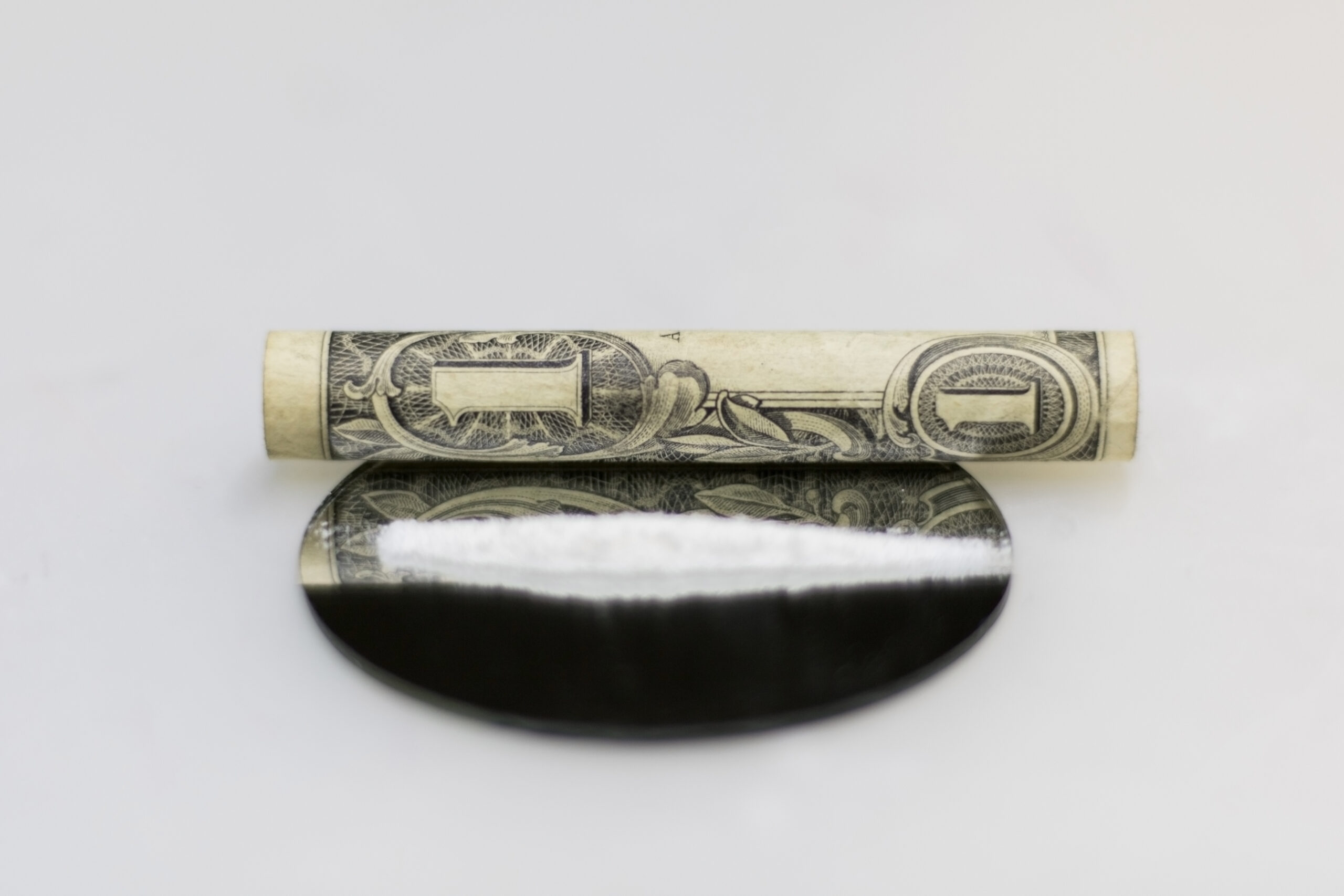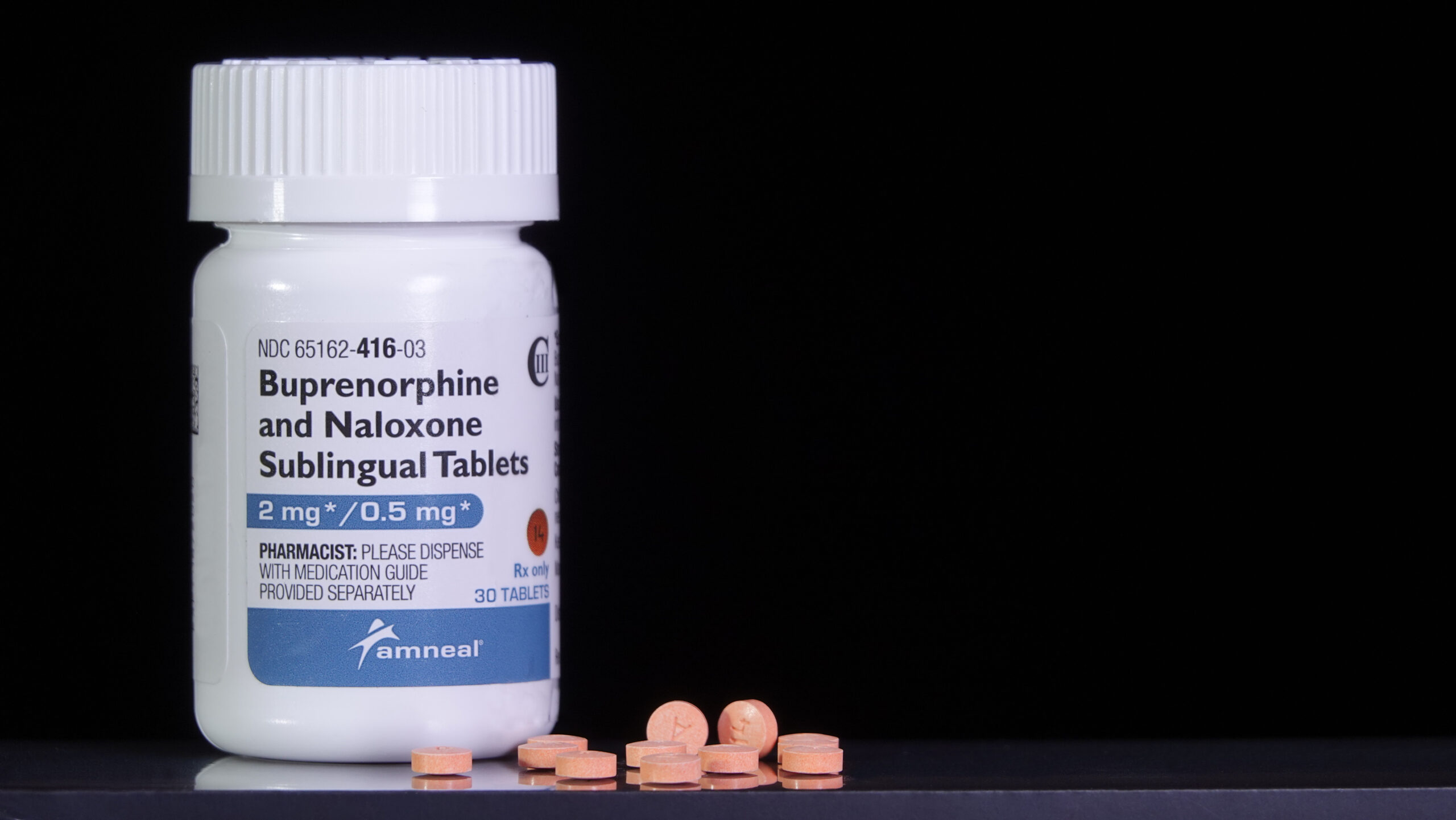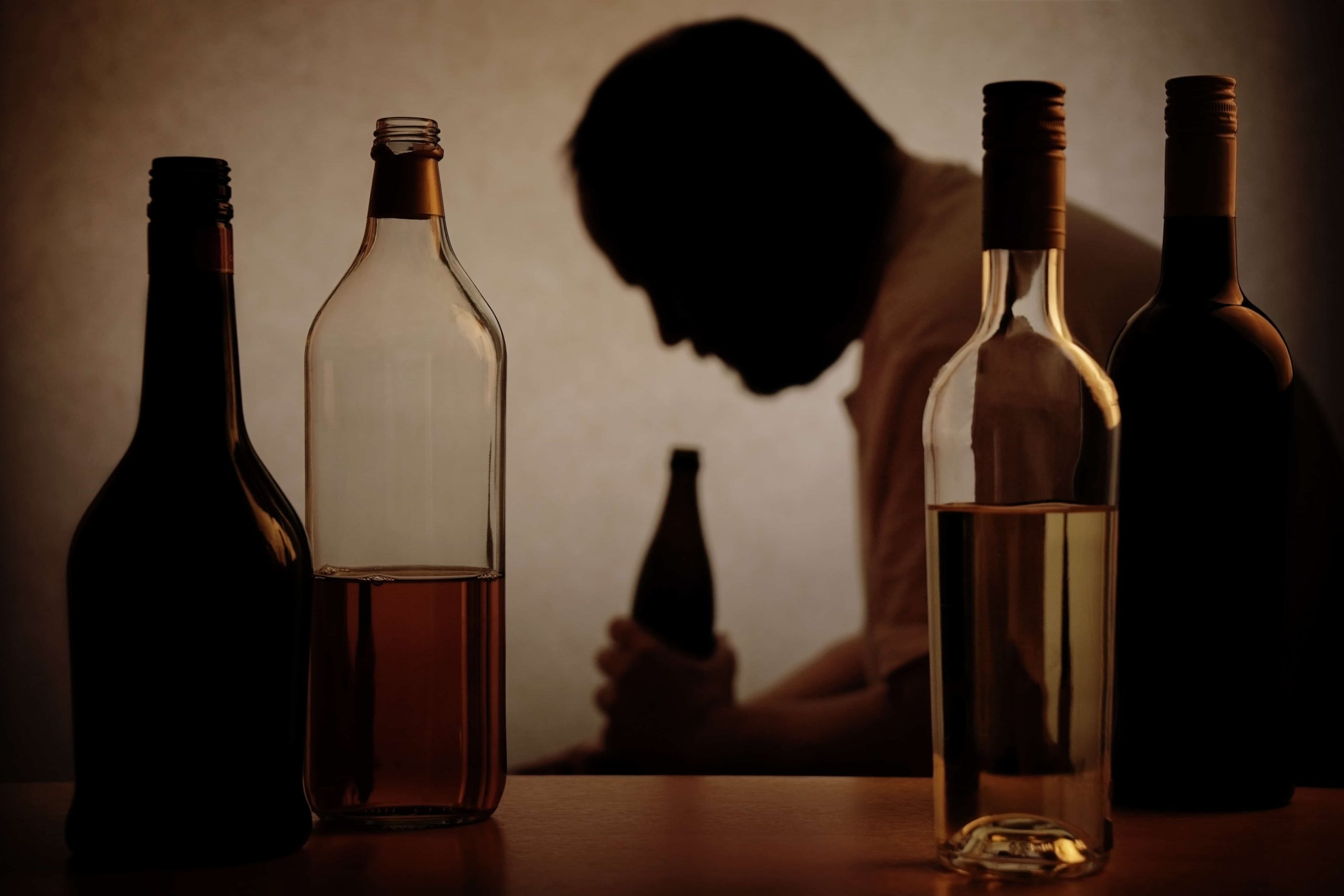Insomnia. The dreaded enemy of the peaceful, restful sleep we [...]
Social media platforms have woven themselves into the fabric of [...]
Cocaine has been a part of American culture since the [...]
Following through with the decision to get substance abuse treatment [...]
While 12-step programs like Alcoholics Anonymous (AA) and Narcotics Anonymous [...]
Buprenorphine, the active ingredient in Suboxone has been around since [...]
According to the latest research, as much as 69% of the people who admit themselves to treatment for a substance use disorder also have a co-occurring mental health disorder.
If you find yourself reading this article, chances are that you are either worried about your drinking habits, or someone else has expressed concern about them.
Addiction treatment is a topic that quite a lot of people are talking about lately. There’s no lack of information, and unfortunately misformation, uninformed opinions, and outright myths about addiction treatment out there. How can you tell the truth from the false when it comes to treatment for addiction?













